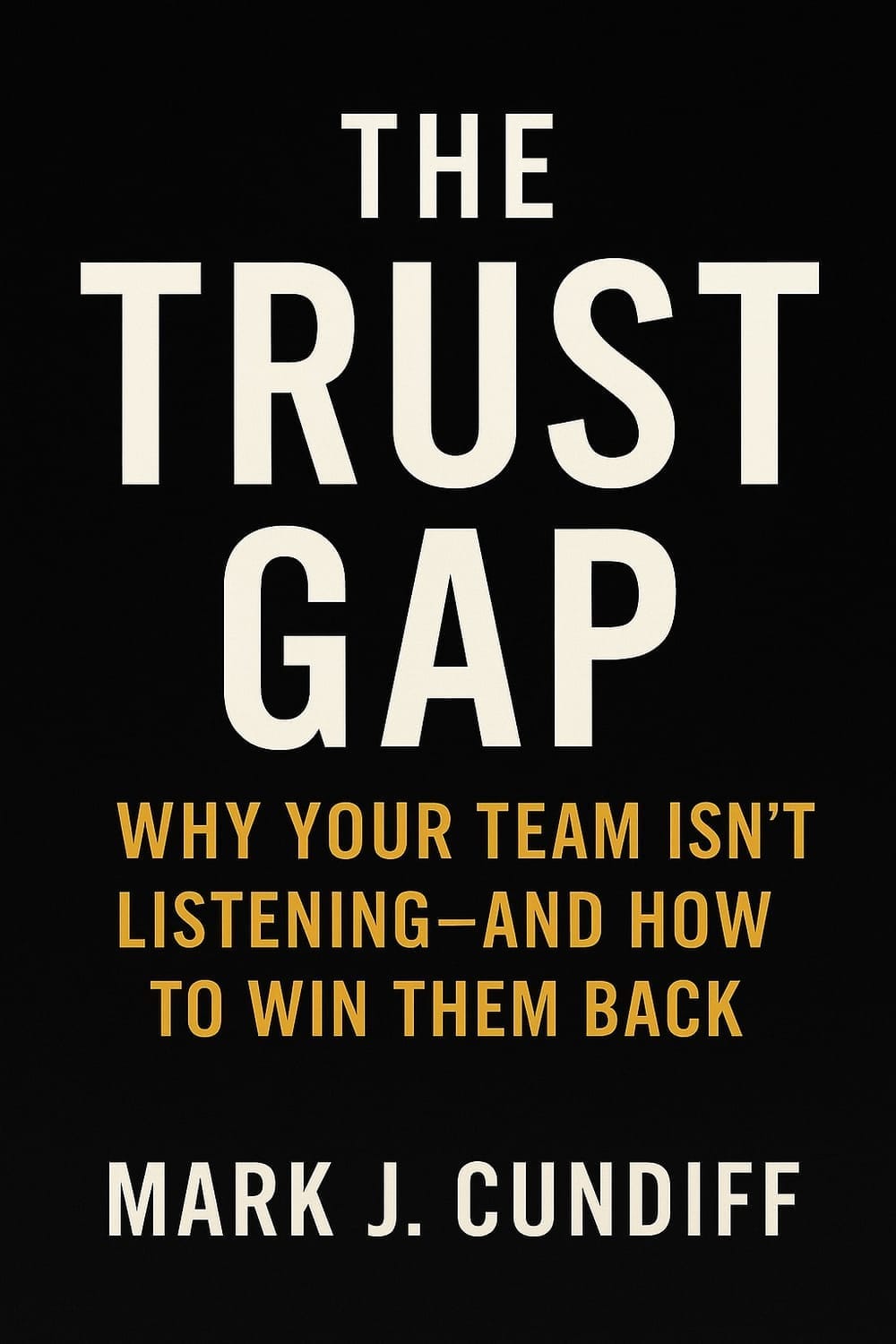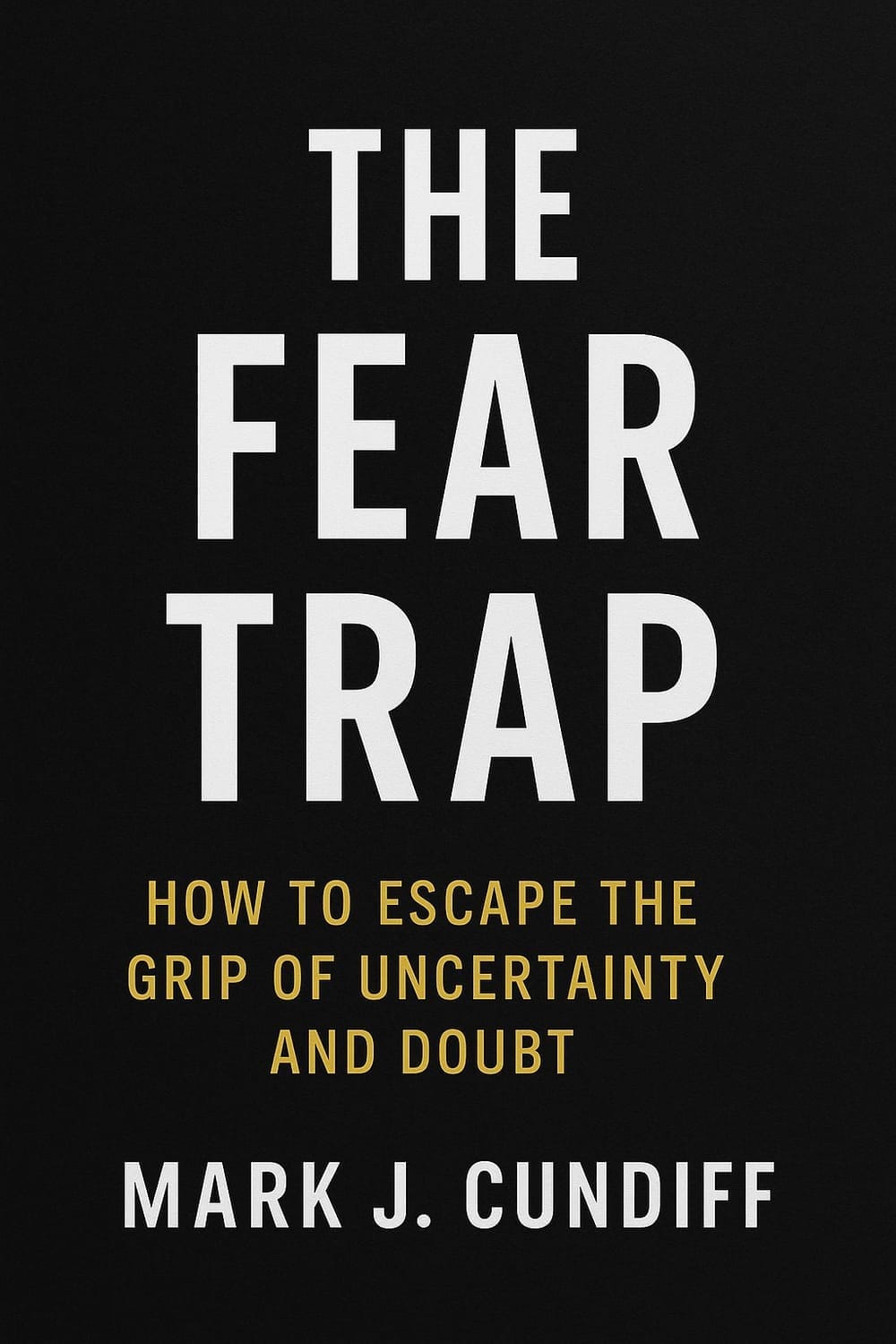Breakthrough Procrastination: The 4 Permissions Every Leader Needs - Jon Acuff - Global Leadership Summit 2025
What if I told you that 96% of people believe they're not living up to their full potential—and the solution isn't what you think it is?
Here’s a number that made me stop and think: nearly all New Year’s resolutions, 92%, are gone before February arrives. But here's the deeper truth that should concern us more: in a survey of 3,000 people, an overwhelming 96% admitted they weren't living up to their full potential.
These aren't just statistics. They're a mirror reflecting something profound about how we approach growth, change, and leadership.
Last week, I came across insights from Jon Acuff at The Global Leadership Summit that completely reframed my perspective on procrastination.
He is a New York Times bestselling author of 10 books and one of INC's Top 100 Leadership Speakers.
After surveying 20,000 people and working with 339 companies worldwide (including Microsoft, FedEx, and Lockheed Martin), Acuff uncovered something revolutionary:
Procrastination isn't a time management problem. It's a permission problem.
The Mindset That Changes Everything
We've been approaching procrastination all wrong. It's not about discipline, better systems, or stronger willpower. At its core, procrastination is a mindset issue—and mindset matters more than ever because people bring their whole selves into every room they enter.
Think about your own experience.
How many times have you held back from pursuing something meaningful because you didn't feel you had permission?
Permission from your organization, your circumstances, your past failures—or most critically, from yourself?
Acuff's research revealed that we need explicit permission to move forward. And as leaders, we have the power to grant ourselves—and our teams—four essential permissions that unlock potential.
But here's where it gets interesting:
"Great thoughts lead to great actions, and great actions lead to great results."
The sequence matters.
The Four Permissions Framework
Acuff describes permission slips as passports—documents that grant you access to new territories of possibility. Here are the four permissions every leader needs:
1. Permission to Dream
Are you dreaming?
Before you can go anywhere meaningful, you need permission to envision what's possible. Too many of us have learned to dream small, to "be realistic," to settle for incremental improvements rather than transformational change.
But here's the challenge: Dreamers can get stuck in the dreaming phase, always imagining but never moving toward action. The key is giving yourself permission to dream boldly while knowing it's just the first step.
What would you pursue if failure wasn't an option? What impact would you create if resources weren't a constraint? Your dreams aren't frivolous—they're your compass pointing toward your highest potential.
2. Permission to Plan
Did you make a plan?
Dreams without plans remain wishes. But here's Acuff's brilliant insight:
"Planning is visiting the future and taking notes for when you get back."
However, Perfectionists get stuck here, endlessly refining plans because they want everything to be flawless before they begin. Remember: your plan doesn't have to be perfect—it has to be actionable.
When you plan, you're not just organizing tasks—you're creating a bridge between where you are and where you want to be. You're giving yourself permission to believe that your vision is achievable and worthy of strategic thought.
3. Permission to Do
Are you doing?
This is where the rubber meets the road. Hustlers can get stuck in perpetual motion, doing without strategic direction. But for most of us, this is where we freeze—moving from the safety of preparation into the vulnerability of execution.
Here's your permission slip: You don't have to be perfect to begin. You just have to be willing to start.
Action creates clarity. Movement generates momentum. Every expert was once a beginner, taking that first uncertain step. Give yourself permission to be imperfect while you're learning.
4. Permission to Review
Did it work?
The final permission is often overlooked but absolutely critical. Analysts can get stuck here, endlessly reviewing without moving forward. But effective leaders use review as a launching pad, not a parking spot.
Regular review allows you to celebrate progress, learn from setbacks, and refine your approach. It's how you transform experience into wisdom and ensure continuous growth.
Know Your Type, Expand Your Range
Here's what makes Acuff's framework so powerful: we each tend to get stuck in one of these four phases.
Which type are you?
Dreamers - Always envisioning but rarely acting
Perfectionists - Stuck in endless planning mode
Hustlers - Constantly doing without a strategic direction
Analysts - Over-reviewing without moving forward
The goal isn't to eliminate your natural tendencies—it's to recognize them and intentionally lean into the other permissions when needed.
As leaders, ask yourself: Do we need to dream now? Plan now? Act now? Or review now? The most effective leaders know which permissions their team needs at each stage of the journey.
The Power of Practiced Positivity
Throughout his research, Acuff discovered something else crucial:
"Positivity has a better ROI than negativity."
This isn't feel-good fluff—it's strategic leadership. When you practice positivity, you create an environment where people feel safe to dream, plan boldly, act courageously, and learn from setbacks.
Don't wait for circumstances to improve. Don't focus on negativity or waste energy on meaningless distractions.
Practice positivity as a discipline, and watch how it transforms not just your own potential but your entire team's performance.
Your Permission Slip for Breakthrough
Here's the truth that will set you free: You already have everything you need to break through procrastination and step into your full potential. You need to give yourself permission.
This week, take these action steps:
Identify your type - Which of the four phases do you naturally get stuck in?
Ask the right question - What permission do you need to grant yourself right now?
Take one action - Don't wait for perfect conditions. Start where you are.
Practice positivity - Choose to see challenges as growth opportunities.
Remember, 96% of people feel they're not living up to their potential. But you don't have to be part of that statistic.
You have the power to grant yourself permission to dream bigger, plan smarter, act boldly, and learn continuously.
The question isn't whether you're capable of more; you are. The question is whether you'll give yourself permission to pursue it.
What permission do you need to grant yourself today? Your future self—and everyone you're called to lead—is waiting for your answer.
Want to go deeper?
Check out Jon Acuff's latest book, "All It Takes Is a Goal: The 3-Step Plan to Ditch Regret and Tap Into Your Massive Potential," for more practical strategies to unlock your leadership potential.
The Complete Global Leadership Summit Article Index
John Maxwell: The Legacy You Leave
Craig Groeschell: Leadership Consistency: The Boring Secret to Long-Term Success
Erica Dhawan: The New Leadership Advantage: Connectional Intelligence
Thasunda Brown Duckett: From Love and Faith to Leading a Trillion-Dollar Portfolio
Christine Cane: Don't Drift: Three Questions Every Leader Must Answer
Juliet Funt: The Power of Precision: Choosing Great Over Good
Join over 3,900 Fellow Leaders reading The Learning To Lead Newsletter each week!
Recent Articles

Join over 4,000 Fellow Leaders reading The Learning To Lead Newsletter each week!
©2025 Learning To Lead | Helping Good Leaders Become Great Leaders


